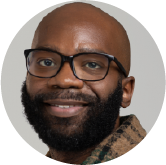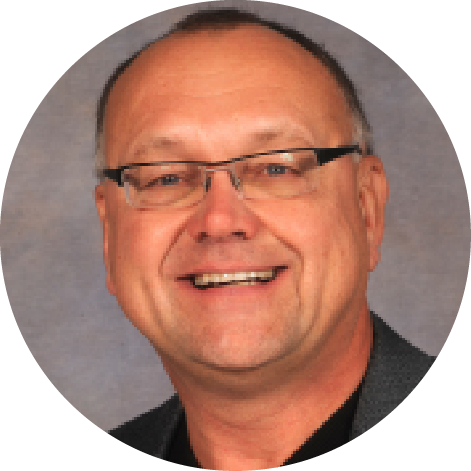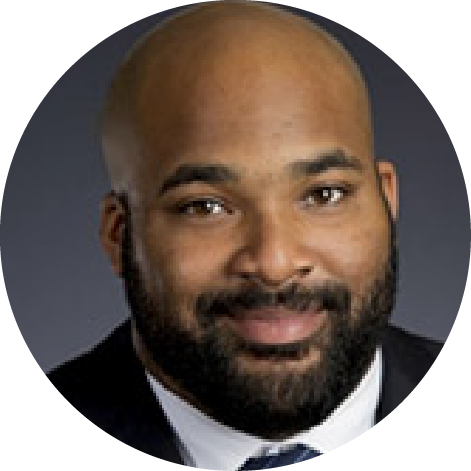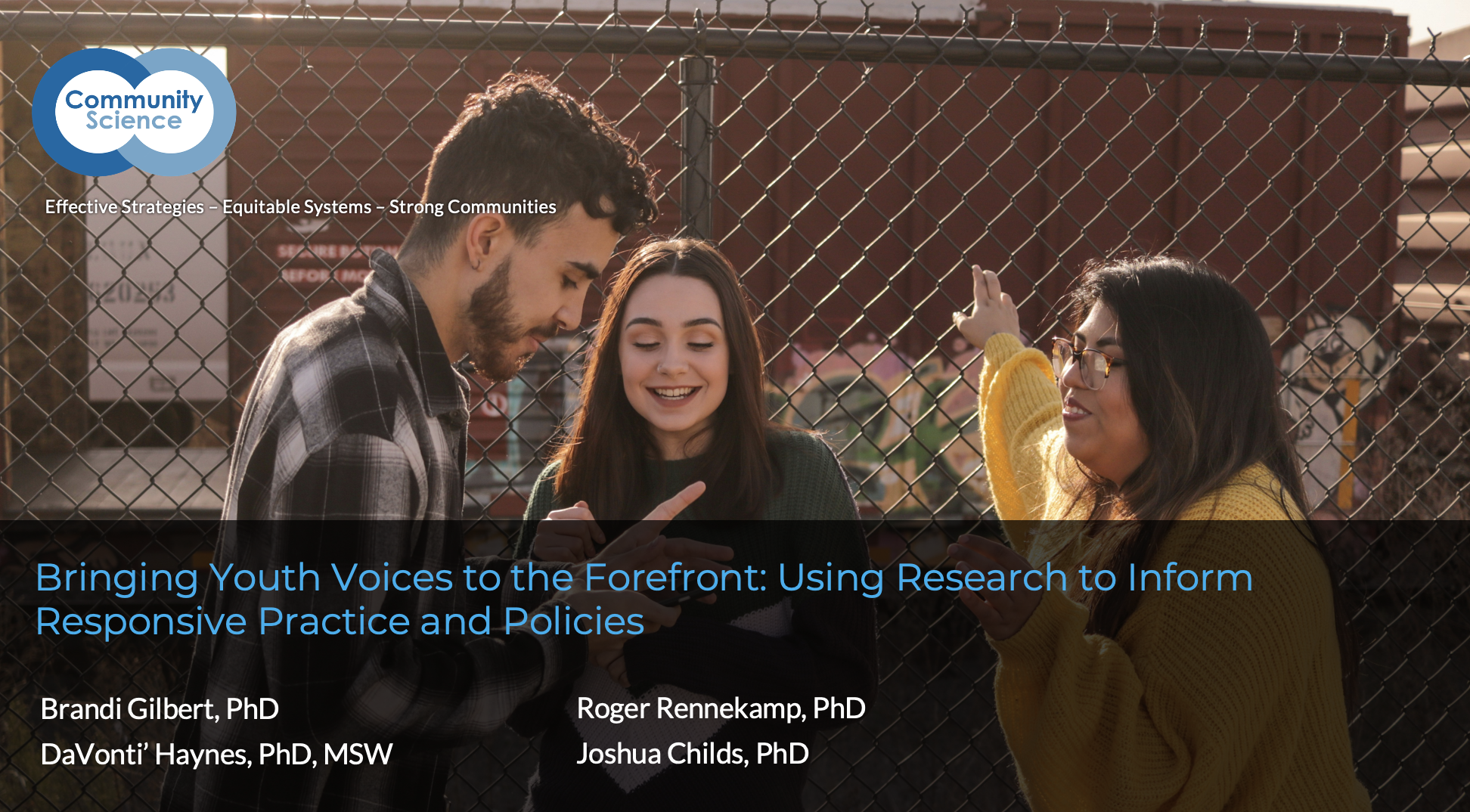While research often informs practice and policy, the real challenge lies in making that research relevant, timely, and actionable. In this webinar, we dive into a recent study that overcame these barriers, highlighting key findings and the research process that made a real-world impact.
You’ll learn 4 key strategies for designing and implementing research that drives action, including:
- Amplifying youth voices: Learn how to amplify the perspectives of young people, focused on teens and young adults.
- Engaging those with lived experience: Discover strategies for involving youth in study design, recruitment, analysis, and reporting.
- Using culturally responsive, trauma-informed methods: Understand the importance of intentional data collection processes.
- Sharing findings effectively: Explore tools for presenting data and recommendations through interactive sessions, policy discussions, and media outreach.
By the end of this webinar, you’ll be equipped with the skills and knowledge to design research that amplifies youth perspectives and informs responsive, real-world solutions.
Your Host

Brandi Gilbert, Ph.D.
Senior Associate
Community Science
Brandi has extensive experience working with youth to build their capacity to lead change in their communities. She is passionate about making sure youth voices and perspectives are heard. She excels at using data to develop strategy and address research knowledge gaps. Her work focuses on understanding and building the capacity of youth, particularly youth of color, to help them make their communities more resilient while experiencing acute and chronic stressors. At Community Science, she is building a portfolio of research and evaluation work that aims to support teens and young adults. She leads the Youth Engagement and Leadership practice area, where she directs evaluation and research projects with funders such as the Dalio Education Foundation and Conrad N. Hilton Foundation, focused on connecting young people to school, work, and social supports. She recently oversaw the “Connecticut Unspoken Crisis: Elevating the Voices of Young People” study, leading the research team in recruitment, data collection, and reporting — working in close partnership with the Connecticut Opportunity Project and Dalio Education team. She also served as the codirector for the American Evaluation Association Graduate Education Diversity Internship for six years, helping to build a pipeline of diverse evaluators and researchers, and providing training on culturally responsive and equity driven practices.

DaVonti’ Haynes, MSW, Ph.D.
Managing Associate
Community Science
DaVonti’ is a data-driven scholar-practitioner dedicated to enhancing and supporting the development and implementation of strategies and initiatives focused on education and workforce equity in urban and rural communities, particularly in the Appalachian region. He brings demonstrated expertise in evaluating complex social programs and initiatives, particularly in trauma-informed and culturally responsive research — using mixed methods — aimed at understanding the experiences of youth and the challenges they face related to college and career readiness, community engagement, relationships with caring adults, and leadership. At Community Science Dr. Haynes supports a portfolio of research and evaluation work focused on Youth Engagement and Leadership. He is also an assistant professor of social work at Temple University in Philadelphia.
Your Panel

Roger Rennekamp, Ph.D.
Health Director
Cooperative Extension Foundation of the Association of Public and Land Grant Universities (APLU)
Roger currently serves as health director for the Cooperative Extension Foundation section of the Association of Public and Land Grant Universities (APLU), leading the Well Connected Communities Initiative (WCC), where he focuses on building capacity to improve the health and well-being of the nation through community engagement. In his role supporting the Extension Committee on Organization and Policy, Roger explores strategies that scale communities through the WCC initiative into system-wide opportunities for policy and health equity change and enhance the leadership of Cooperative Extension in the field of health. Prior to joining APLU, he served as director of The Ohio State University Extension and as associate dean for outreach and engagement in the College of Public Health and Human Sciences at Oregon State University, where he provided overall leadership to both the 4-H Youth Development (4-H) and the Family and Community Health (FCH) Extension programs. At Oregon State, he led an effort to build the nation’s first health-focus Extension program within an accredited school of public health. Roger also served as a member of the university’s Outreach and Engagement Council and led the institution’s effort to achieve the Carnegie elective classification for Community Engagement.
Roger has spent the majority of his career at the University of Kentucky, where he served as an Extension specialist in the College of Agriculture, Food, and Environment. He has served on a wide array of national Extension work groups and taught both undergraduate and graduate courses in community engagement, program evaluation, leadership, and Extension education. He is a graduate of the Engagement Academy and has written broadly about outreach and engagement throughout his career.

Joshua Childs, Ph.D.
Associate Professor
Department of Educational Leadership and Policy, University of Texas at Austin
Joshua is an associate professor of Educational Leadership & Policy at the University of Texas at Austin. His research examines the role of inter-organizational networks and cross-sector collaborations to address complex educational issues. He also investigates collaborative approaches involving organizations (local, state, and national) that have the potential to improve academic achievement and opportunities for students in urban and rural schools. This includes ways to improve student engagement and attendance in school, interscholastic athletics, and expanding educational opportunities through concentrated policy design and implementation. Joshua is a Co-PI of the Expanding Computing Education Pathways Alliance, a consortium of 30 states focused on broadening participation in computer science.

